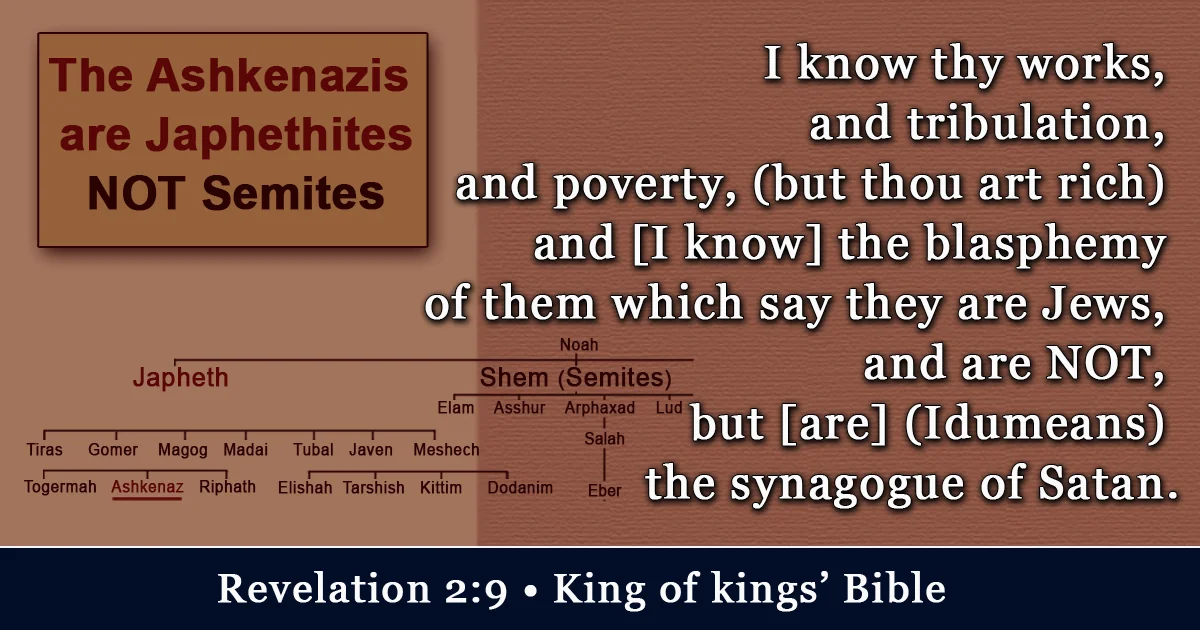phipps
Star
- Joined
- Dec 27, 2017
- Messages
- 4,905
I'll add that many Christians who believe that the promises made to literal Israel are to be fulfilled in the state of Israel, also believe that the 12 tribes of Israel written of in Revelation 7 are literal.
Biblically they are not and cannot be literal because the 10 of the 12 tribes of Israel are not in existence today. The 10 tribes of the Northern Kingdom were taken into captivity during the Assyrian conquest (2 Kings 17:6-23) as I posted above, where they became integrated with other nations.
Also, the list of the 12 tribes in Revelation 7 is not like the other ones found in the rest of the Bible (Numbers 1:5-15; Ezekiel 48:1-29). Judah is listed as the first tribe (Revelation 7:5) instead of Reuben (Numbers 1:5). Also, the tribes of Dan and Ephraim, included in the lists of Numbers 1 and Ezekiel 48, are omitted from the list in Revelation 7, while Levi and Joseph are included instead. The obvious reason for the exclusion of Ephraim, and apparently Dan, from the list in Revelation 7 is that in the Old Testament these two tribes are apostate and idolatrous (1 Kings 12:29-30; Hosea 4:17).
The list of the tribes in Revelation 7 is not historical but spiritual just as Israel is spiritual in the New Covenant. The absence of Dan and Ephraim from the list suggests that the unfaithfulness of these two tribes will have no place among God’s sealed people.
Its also important to note that the church is referred to as the 12 tribes of Israel (James 1:1) in the New Testament. God's Israel is the true church which Jesus is the head of. The 12 tribes of Israel in Revelation 7 stand for the entire people of God from around the world who endure to the end, both Jews and Gentiles.
We can see how the Bible harmonises on this subject of Israel, God's true church.
Biblically they are not and cannot be literal because the 10 of the 12 tribes of Israel are not in existence today. The 10 tribes of the Northern Kingdom were taken into captivity during the Assyrian conquest (2 Kings 17:6-23) as I posted above, where they became integrated with other nations.
Also, the list of the 12 tribes in Revelation 7 is not like the other ones found in the rest of the Bible (Numbers 1:5-15; Ezekiel 48:1-29). Judah is listed as the first tribe (Revelation 7:5) instead of Reuben (Numbers 1:5). Also, the tribes of Dan and Ephraim, included in the lists of Numbers 1 and Ezekiel 48, are omitted from the list in Revelation 7, while Levi and Joseph are included instead. The obvious reason for the exclusion of Ephraim, and apparently Dan, from the list in Revelation 7 is that in the Old Testament these two tribes are apostate and idolatrous (1 Kings 12:29-30; Hosea 4:17).
The list of the tribes in Revelation 7 is not historical but spiritual just as Israel is spiritual in the New Covenant. The absence of Dan and Ephraim from the list suggests that the unfaithfulness of these two tribes will have no place among God’s sealed people.
Its also important to note that the church is referred to as the 12 tribes of Israel (James 1:1) in the New Testament. God's Israel is the true church which Jesus is the head of. The 12 tribes of Israel in Revelation 7 stand for the entire people of God from around the world who endure to the end, both Jews and Gentiles.
We can see how the Bible harmonises on this subject of Israel, God's true church.










